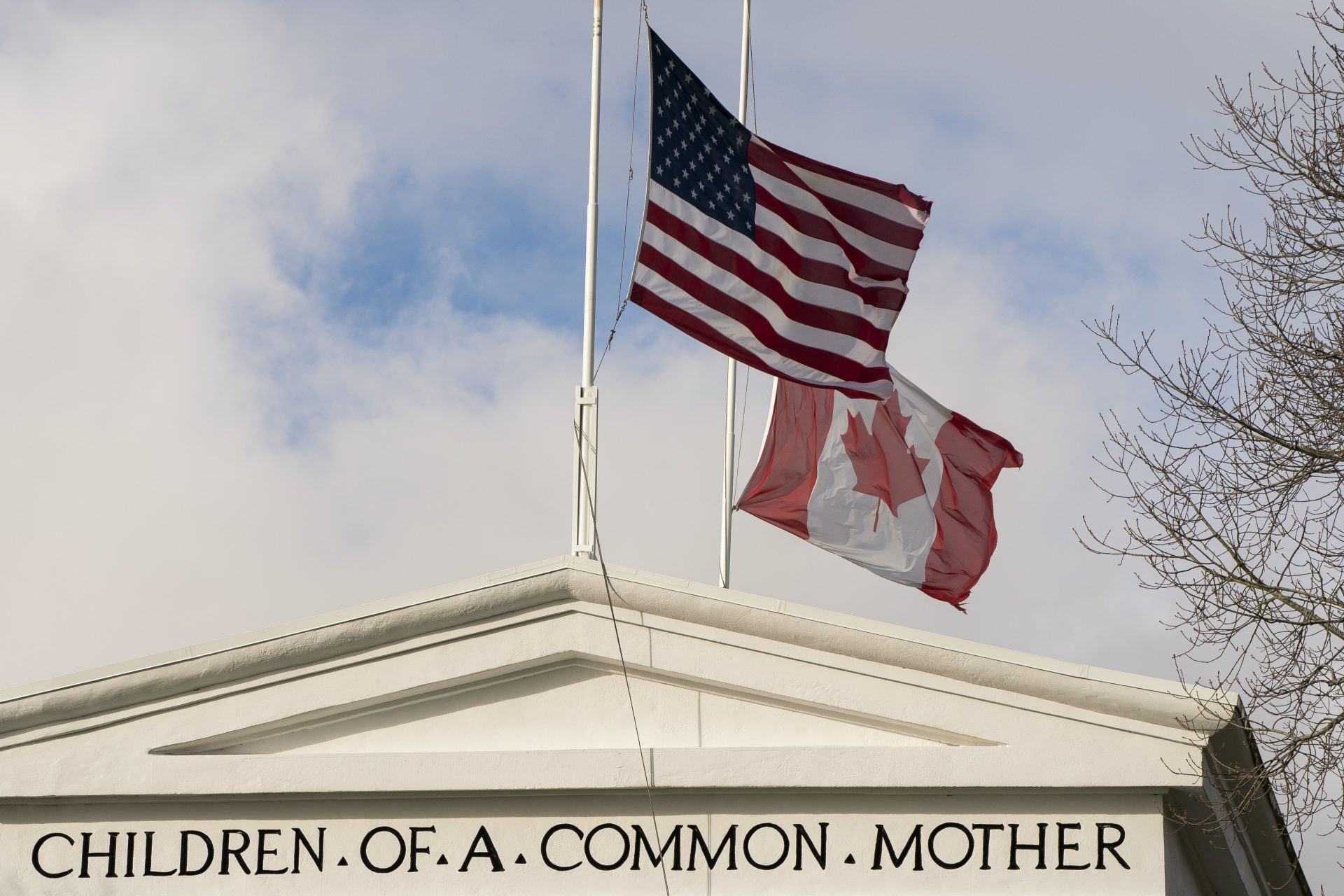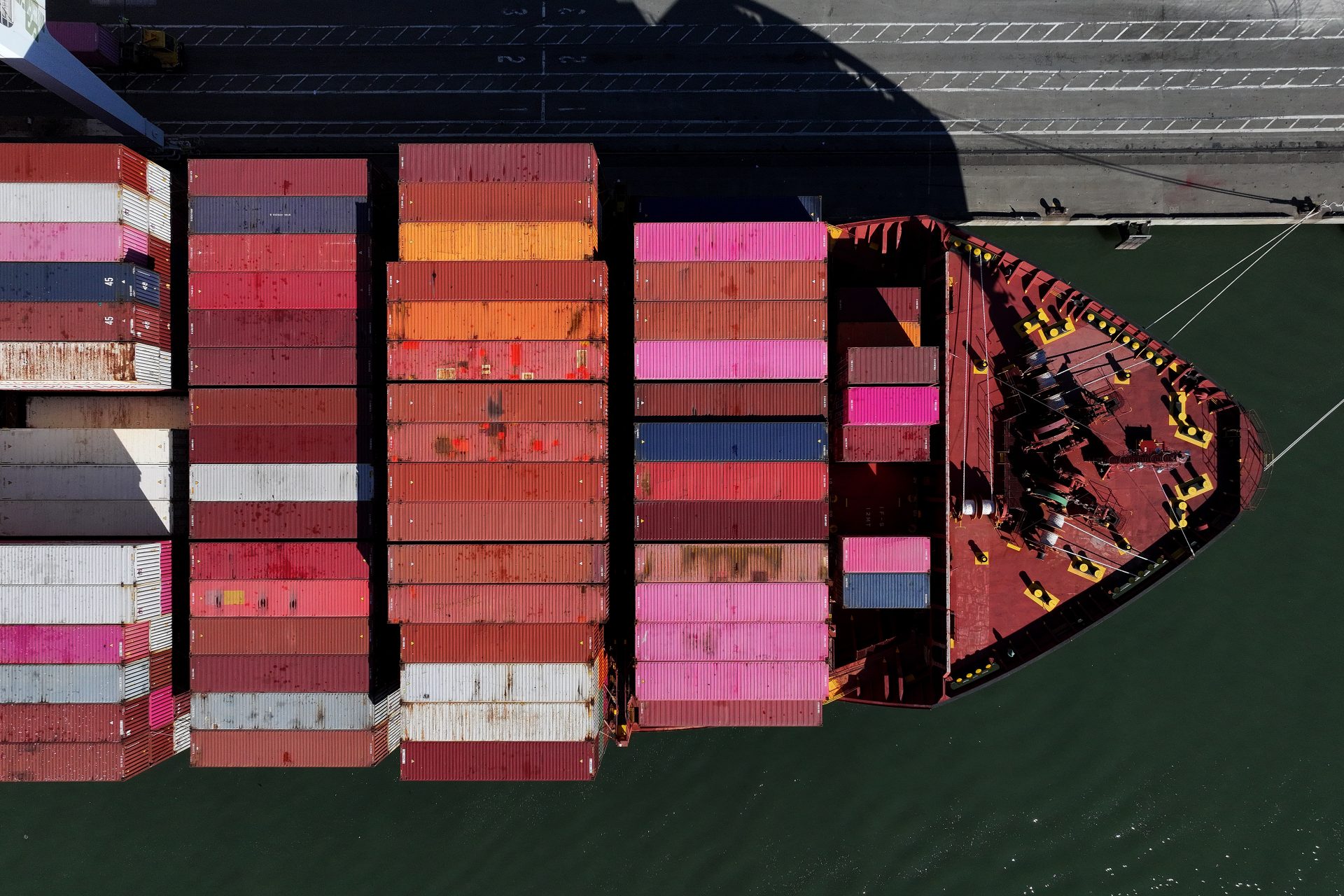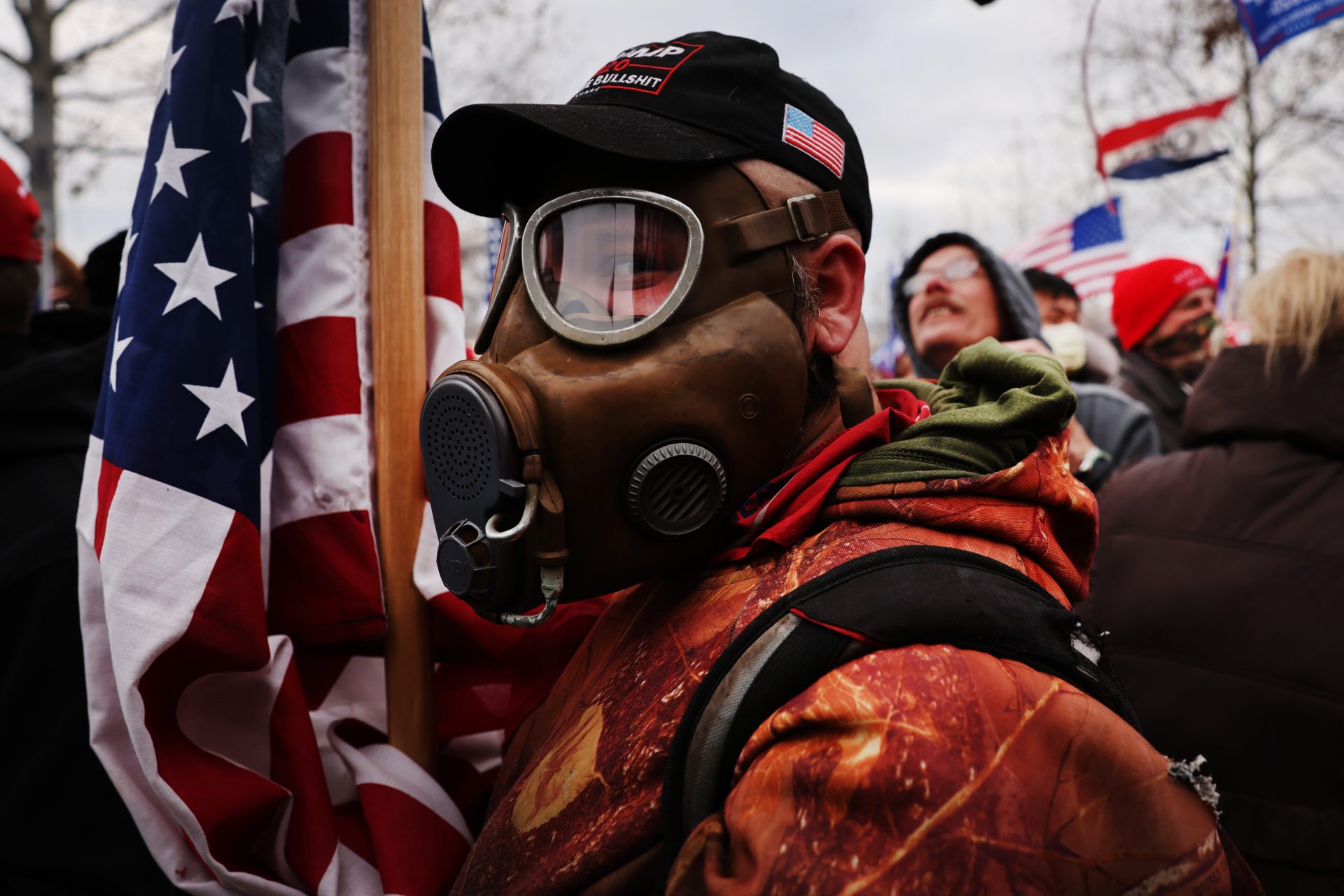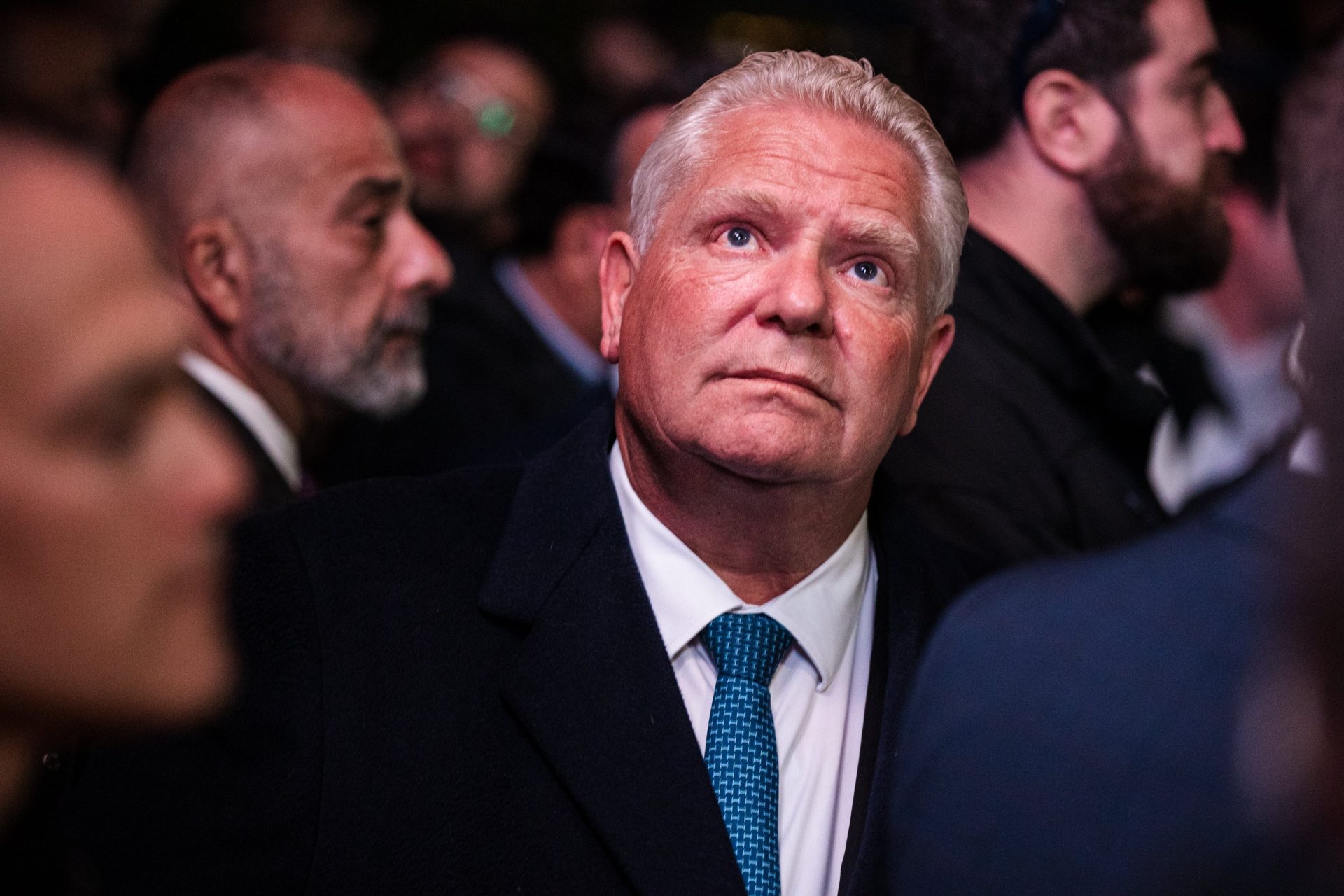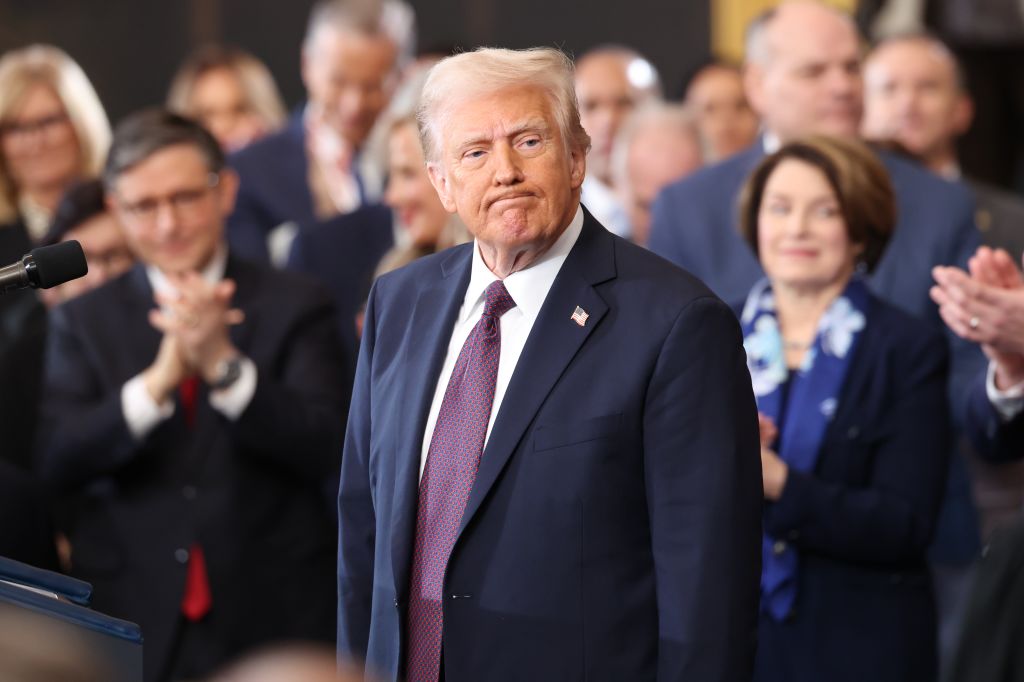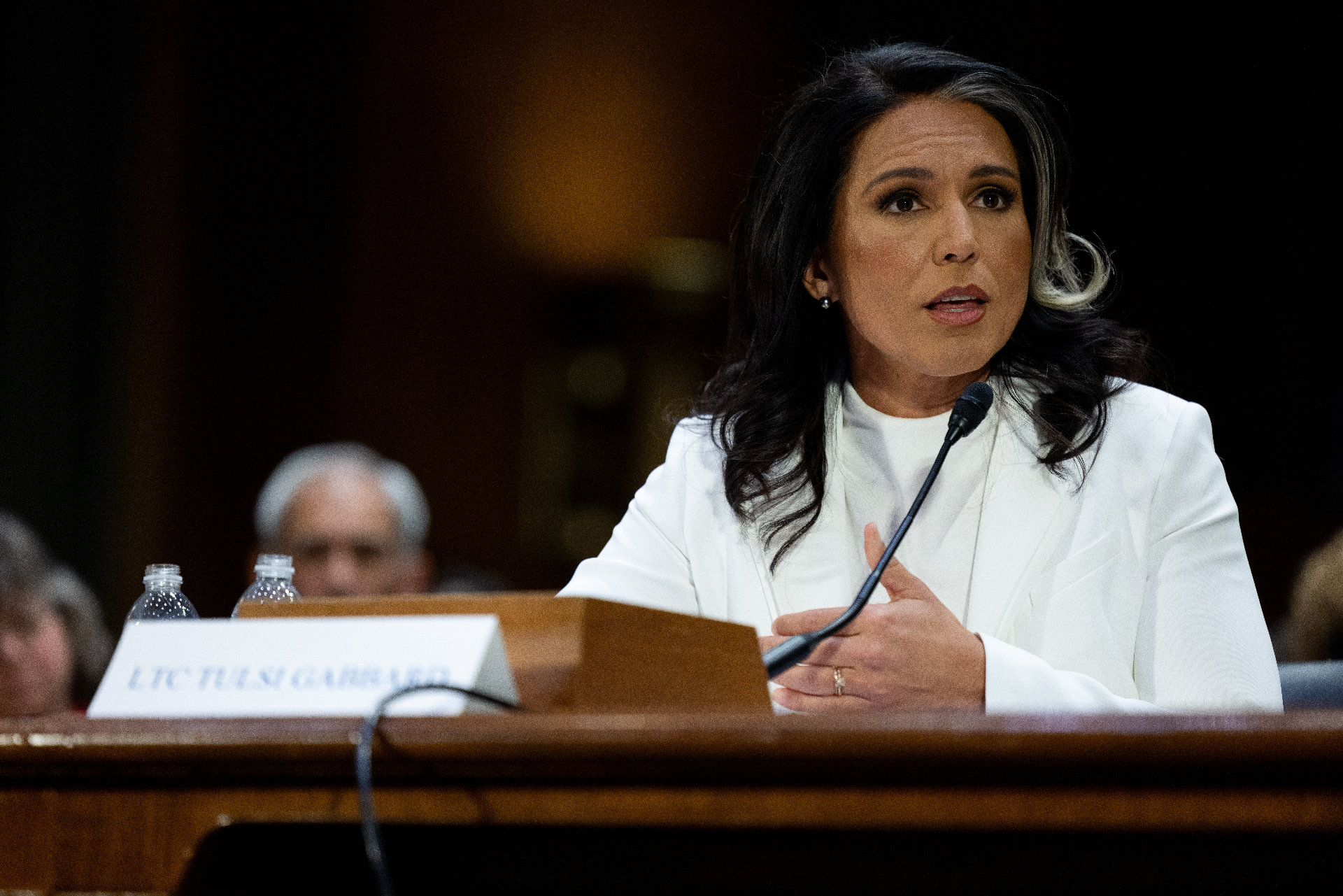After tobacco ban, New Zealand may crack down on vaping
The Guardian reports that vaping is on the rise in New Zealand, with 8.3% of adults vaping every day. Now some groups of medical experts are calling for the government in Wellington to apply further restrictions.
Pictured: New Zealand Prime Minister Chris Hipkins with his predecessor, Jacinda Ardern.
The proposal would follow a similar policy adopted in Australia, where vaping can only be acquired in pharmacies and medical offices under prescriptions.
This concern by the New Zealand government isn't surprising. Under the government of former MP Jacinda Ardern, the country passed a law banning tobacco for anyone born after January 1, 2009.
The law made New Zealand the first country to ban smoking for generations to come.
According to The Guardian, Associate Minister of Health Ayesha Verrall declared that “Thousands of people will live longer, healthier lives and the health system will be $5bn better off from not needing to treat the illnesses caused by smoking.”
The law is part of a larger initiative called Smokefree 2025, which aims to reduce smoking to less than 5% within all population groups.
Pictured: Auckland, the capital of New Zealand.
According to Al Jazeera, smoking has dropped to 10% among New Zealand’s European-descended population. However, its prevalence in Indigenous groups is much higher: 28% among the Maori and 18% for Pacific people.
“Smoking kills approximately 4,500 to 5,000 people every year in New Zealand – that is around 12 to 13 deaths every day,” declared Population Health and Prevention Group Manager Jane Chambers in a statement from the country's Ministry of Health.
Image: New Zealand Ministry of Health
The Guardian reports that the initiative also reduced the number of legal tobacco sellers from around 6,000 to under 600. As a result, cigarettes would disappear from supermarkets and convenience stores.
According to Reuters, these measures would make New Zealand's tobacco trade one of the most restricted in the world, just behind the small Kingdom of Bhutan where cigarette sales are forbidden.
Although New Zealand's novel approach seems extreme, it's hardly the only country trying to reduce smoking among its population. England has set itself to be a smoke-free country by 2030 and Scotland by 2034.
Canada and Sweden are other nations trying to lower their number of smokers to at least less than 5% of their population.
New Zealand's latest restrictions on tobacco have received quite a lot of criticism. Imperial Brands, one of the leading tobacco groups in the local market, raised concerns that prohibition might create a black market.
“Evidence indicates that the amount of tobacco products being smuggled into New Zealand has increased substantially in recent years and organised criminal groups are involved in large-scale smuggling”, acknowledged the government in its proposal, as quoted by The Guardian.
Another concern is how the tobacco ban will affect small businesses in New Zealand.
Reuters highlighted that the Dairy and Business Owners Group, a lobby group for convenience stores in New Zealand, stated in 2021 that while it supported the initiative for a smoke-free country, the government's plan would destroy many businesses.
The Guardian highlighted that the number of smokers in New Zealand has dropped to 8% of the population, the lowest since there's data available. However, the number of adults vaping has increased to 8.3%.
Image: E-Liquids UK / Unsplash
Will these measures do more harm than good? It's hard to say at this stage, but surely many will draw comparisons to another well-intentioned crusade against vice: Prohibition in the United States. Only time will tell if New Zealand will have the same problems as the U.S.
More for you
Top Stories





















